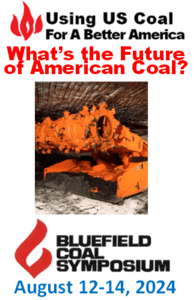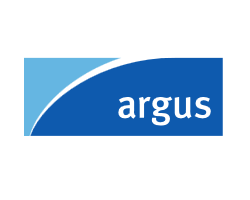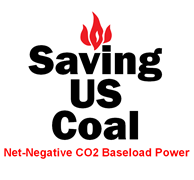By Jo Clarke
November 9, 2020 - UK-Australian iron ore mining firm BHP has signed an agreement with Chinese steelmaker China Baowu to invest up to $35mn in jointly seeking technical solutions to reduce carbon emissions in steelmaking, as climate change pressure grows in the coking coal industry.
The deal follows a similar 2019 deal between Baowu and BHP's Pilbara iron ore rival Rio Tinto. The focus of the two deals is subtly different, reflecting the different portfolios of the two mining firms.
BHP is focused on investigating carbon capture, use and storage in the steel sector, with the implementation of hydrogen technology a secondary consideration. Rio Tinto is open to any solution for reducing carbon emissions in the steel industry, with hydrogen a major area of research. This difference reflects BHP's exposure to the coking coal export industry in Australia, where it is the largest supplier to the seaborne market, while Rio Tinto sold its thermal and coking coal assets in 2017-18, leaving it much more open to exploring alternate fuel sources for steelmaking.
Baowu is China's largest steelmaker and has agreed to investigate carbon storage and capture options in joint venture with BHP at one of its blast furnace facilities in China. BHP will fund its share of the research from its $400mn climate investment programme that it launched last year to fund research into reducing its carbon emissions, including its Scope 3 emissions that are produced by its customers such as Baowu.
Steelmakers are responsible for almost 10pc of the world's greenhouse gas emissions, largely from the burning of coking coal in blast furnaces. The coking coal industry has escaped some of the pressure put on the thermal coal industry due to climate change concerns because of steel's importance in building renewable power sources such as wind and solar farms, and the lack of viable alternatives to coking coal in large scale steelmaking.
But coking coal is starting to attract more attention from groups concerned about climate change. In September, Australian superannuation fund UniSuper called on Switzerland-based mining firm Glencore to abandon its plans to develop the A$1.5bn ($1bn) Valeria coal mine in Queensland, Australia, despite the mine containing both thermal and coking coal.









.gif)
















